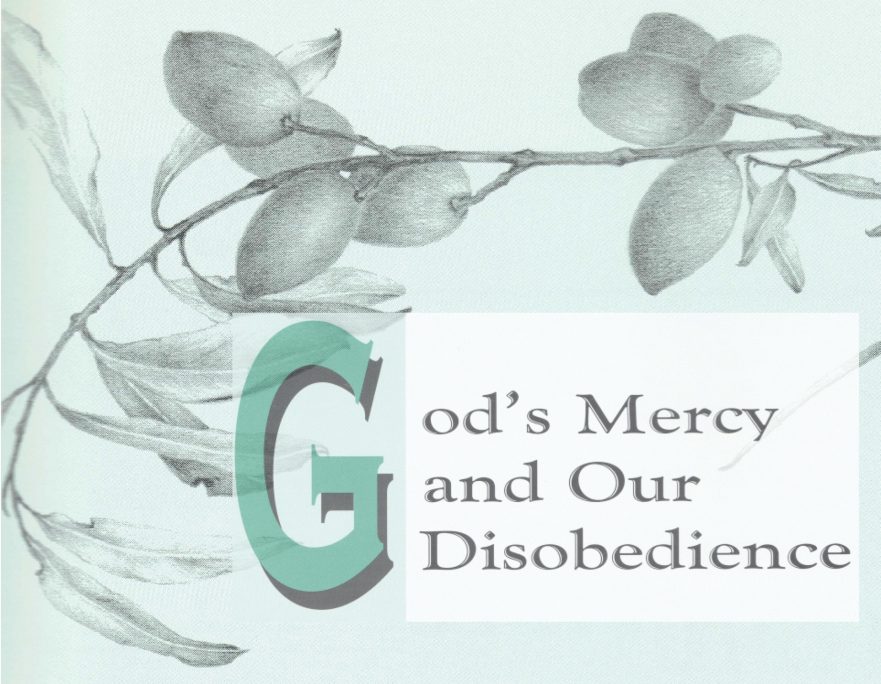
While Christianity was rising on the horizon of history, Israel’s sages were engaged in dialogue with critics and skeptics from the greater pagan world. Not always cordial, their exchanges sometimes assumed a polemical tone. In particular, the sages came under fire for the biblical tradition that God had selected Israel as his special people. Pagan scholars demanded an explanation: why would God single out one nation over all others for receiving his Torah?

Faced with this challenge, the sages painstakingly searched their souls and Scripture for an adequate reply. Although their answer appears in early rabbinic works such as the Mekilta and Sifre Devarim,[1] I will excerpt it from a story appearing in the Talmud about Rabbi Hiyya bar Lulyani, who said: “Lord of the Universe, before giving the Torah to your people Israel, you went around to all the nations of the world and offered it to them, but they would not accept it….” This old apologetic tradition answered well the Gentiles’ complaint against Judaism: God gave his Torah to Israel because the other nations had refused it!
I suspect that the Apostle Paul was familiar with this tradition and may have had it in mind as he penned Romans 11:30-36. If so, then his words take on added significance.
For just as you once were disobedient to God, but now have been shown mercy because of their [Israel’s] disobedience, so these [Israel] also now have been disobedient, in order that because of the mercy shown to you they also may now be shown mercy. For God has shut up all [Israel and the nations] in disobedience that He might show mercy to all. Oh, the depth of the riches both of the wisdom and knowledge of God! How unsearchable are His judgments and unfathomable His ways! For who has known the mind of the Lord, or who became His counselor? Or who has first given to Him that it might be paid back to him again? For from Him and through Him and to Him are all things. To Him be the glory forever. Amen. (translation based on the New American Standard Bible)
Paul reminded his audience that in the past, presumably just prior to the events at Mt. Sinai, the nations (i. e., the Gentiles) had frustrated God’s intentions by refusing his Torah. They had acted in disobedience. Responding favorably, Israel, however, accepted God’s offer and embraced his Torah.
In the mid-first century C.E., Paul was suggesting that the opposite had become true. Rejecting the gospel, Israel was now disobedient, while the Gentile’s acceptance of it was in accordance with the Divine will. Yet, the past misbehavior of the Gentiles now gave God the opportunity to act mercifully toward both groups. How unfathomable are God’s ways!
If I am correct that Paul knew this apologetic tradition about God’s failed attempt at offering his Torah first to the nations, then Romans 11:30-36 constitutes another vigilant attempt by him to warn against conceit. Paul insisted on keeping God’s mercy and incomprehensible ways in the foreground. Even in the twenty-first century, his innovative rhetorical framework offers secure footing for those engaged in the daunting task of clearing a path of rapprochement between the Synagogue and her younger sibling the Church.[2]


- [1] Cf. Marc Hirshman, A Rivalry of Genius: Jewish and Christian Biblical Interpretation in Late Antiquity (trans. Batya Stein; Albany: State University of New York Press, 1996), 6. ↩
- [2] For an excellent article on another passage from Romans 11, see David N. Bivin, “Romans 11: The Olive Tree’s Root.” ↩



